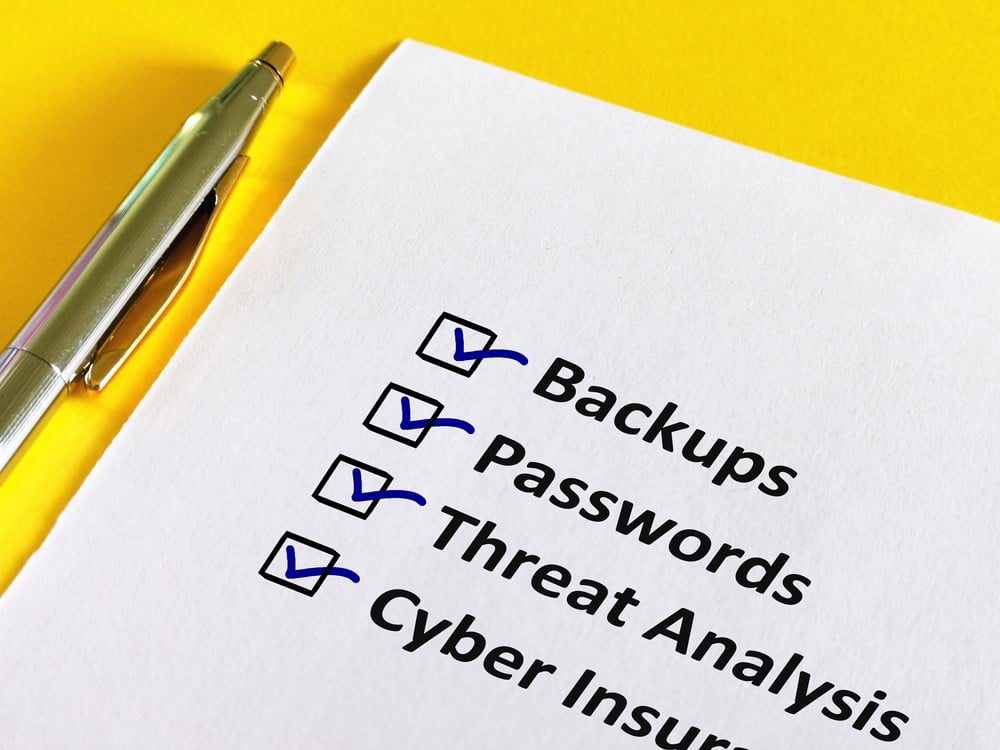
Almost everyone knows that the internet is plagued by insecurity, with malicious software lurking in the shadows to infect as many devices as possible. Unfortunately, not everyone understands how to navigate an insecure web safely. Those with less tech experience often have many unanswered questions about cybersecurity — and this post should help those individuals learn more about this growing field and what they can do to stay safe online.
What Does Cybersecurity Mean?
Cybersecurity is a practice dedicated to protecting programs, devices, systems and networks from digital attacks. Most often, cybersecurity refers to various tools designed to defend against or respond to attacks, like firewalls that encrypt network traffic or antivirus software that detects and removes malware, but cybersecurity also encompasses the behavior users employ to keep themselves, their devices and their data safe. For example, a user that always crafts unique passwords with 12 or more mixed characters is being cybersecure.

The term cybersecurity also refers to the field of technology concerned with digital threats. Cybersecurity experts report on the latest forms of attack and track attack methods in use by cybercriminals around the world. Thus, cybersecurity firms can work to develop stronger strategies for defending users and systems into the future. Those interested in the field of cybersecurity might subscribe to a popular blog on the subject.
Who Is Most at Risk of Cyberattack?
To understand the most popular target of cyberattacks, one must first understand what cybercriminals are most often hoping to achieve from their attacks. In the past, computer viruses and worms were developed and deployed as a means of causing mayhem; hackers rarely benefited directly from their malware.
Today, malware can provide cybercriminals with material gain, in the form of valuable data that can be sold to other criminals or actual financial wealth. Thus, most cybercriminals are eager to attack entities that are more likely to have large savings and great stores of data — which is to say businesses.
Though the average home user is not always the primary target of cyberattacks, the truth is that individuals have much to lose from encountering malware. Fortunately, the base level of cybersecurity can keep home users safe from attack, which isn’t necessarily true for small businesses, which need much more robust security solutions to protect their devices and data.
Are Cybersecurity Threats Increasing?
Cybersecurity threats have been increasing for decades. Today, hundreds of thousands of new pieces of malware appear on the web every day. As more people come to rely on the internet for everyday activities, like work, shopping, interacting with friends and more, there will be more chances for cybercriminals to achieve success with scams and attacks. Plus, malware marketplaces and Malware-as-a-Service solutions are lowering the barrier to participate in cybercrime.

Fortunately, as cybercrime threats increase, cybersecurity solutions strengthen. As long as users continue to rely on high-quality cybersecurity providers — and practice strong cyber hygiene — the number of threats on the web should not be a major concern.
Are Mobile Devices Risky to Cybersecurity?
Initially, mobile devices like smartphones and tablets needed less cybersecurity protection because no malware had been developed to attack them. Plus, because the number of mobile devices was significantly lower than typical computers, it was more cost-effective for cybercriminals to continue attacking traditional devices and systems.
However, now that mobile internet traffic greatly outweighs traditional desktop traffic, more and more threats are targeting mobile users. It is generally advisable that mobile device users equip themselves with mobile security solutions, which may come with premium cybersecurity packages from top-tier providers.
Is Cybersecurity Expensive?
With cybersecurity, a user almost always gets what they pay for. There are many free antivirus solutions available on the web, but these tools are often outdated and unable to protect devices against more powerful malware or other forms of attack. What’s more, free and low-cost antivirus tools are unlikely to come with additional useful features, like firewalls, password managers and tech support.
Though the average home user likely does not need the same degree of digital defenses as a business, it might be worthwhile to pay extra to protect home devices and systems, especially if a user works from home or has a large home network.
Not everyone needs to be a cybersecurity expert to adequately protect themselves from online threats. With the right technology and the right techniques, it is possible to avoid online attacks and enjoy the web safely.










